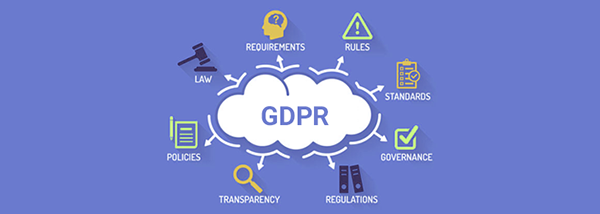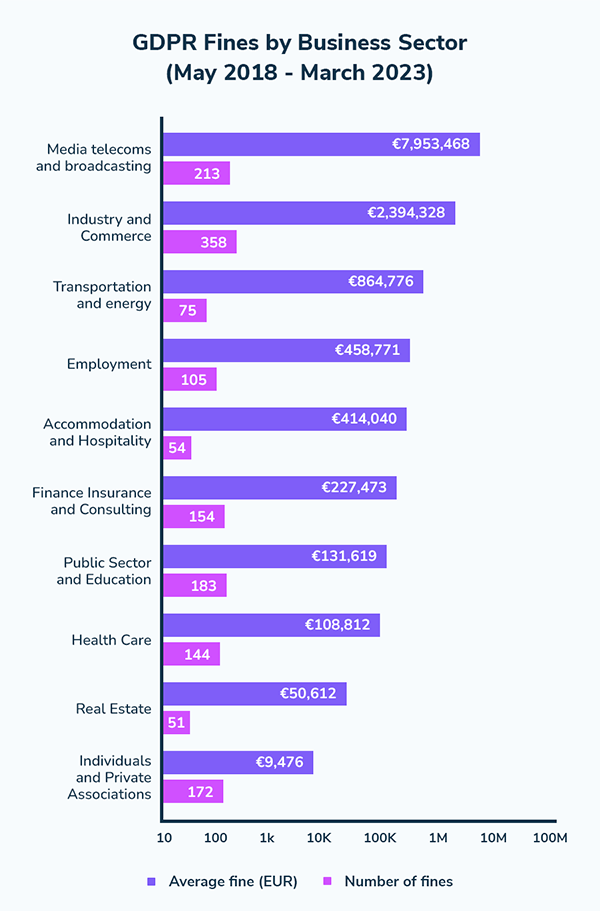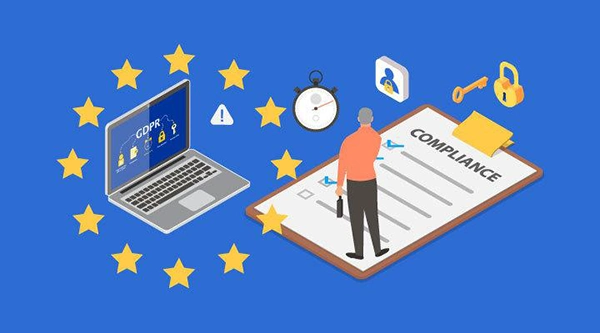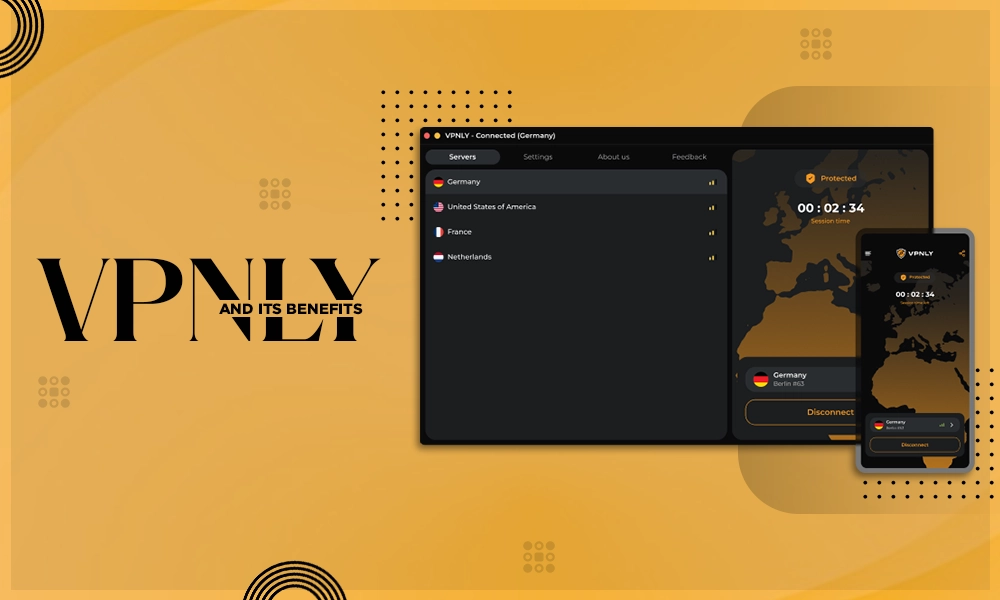If a business is handling the personal data of users, they have to ensure compliance with the General Data Protection Regulation (GDPR).
The GDPR is a European Union regulation on information privacy. It came into effect in 2018 and holds companies accountable for the protection of individual privacy. It outlines the regulations on how personal information is processed, stored, and used.
Companies must be aware of and comply with the GDPR. In that aspect, GDPR training becomes more important for employees and employers.
In this article, we will understand the GDPR training and how you can remain compliant with GDPR by keeping your staff informed. Also, learn about Managing Employee Hours with Ease by reading this article.
The Basics of GDPR
Before deep diving into the training aspect, let’s first understand what GDPR is and why it is necessary.
The European Union introduced this regulation to strengthen data protection and privacy rights in the European Union (EU) and the European Economic Area (EEA). It is an important component of EU privacy law and human rights law. It applies to any company that handles the personal data of users within the European Union. It does not matter where the company is based, they have to follow the law if they wish to operate in the region.
The key aspects of GDPR are:
- Obtaining explicit consent from individuals before collecting their data.
- Allowing individuals the right to access or delete their information.
- Ensuring the safety of the individual data.
There are severe punishments for any company that violates the regulation. They can be fined up to 20 million euros or 4% of the company’s global revenue, whichever is higher.
That is why training your employees on this becomes extremely important for a company.
The Importance of GDPR Training

Employees of any company act as a first line of defense when protecting the personal data of users. This is why it is important for you, as a company, to train everyone in your safety program.
They should know their goals, their responsibilities, and what they have to do to fulfill them. On a regular basis, employees come in contact with sensitive user information. If not for proper training, they might violate the regulations inadvertently.
Their training must be relevant, accurate, and up-to-date with the latest additions to the regulations.
This type of training helps employees with,
- Define Roles
- Stay Updated
- Ensure GDPR Compliance
- Safeguard Data and Recognize Potential Risk
Every business sector pays GDPR fines, and in the graph below you can see the amounts in euros.

Tailoring GDPR Training to Different Roles
GDPR training is not the same for every employee. Different employees have different responsibilities, and the training should also reflect that.
If we take the example of an IT staff, they need in-depth knowledge of data security measures. In the case of a customer service executive, they need the knowledge of how to handle customer data requests.
So, you need to tailor your training based on the roles to ensure that your employees receive relevant information.
Key Components of an Effective GDPR Training Program
For an effective GDPR training program, you need to cover several core components. Here is the list of key components.
- Overview of GDPR Principles: Firstly, all employees must have a clear understanding of the basic principles of GDPR. This overview might include, data protection rights, lawful bases for processing data, and the consequences of non-compliance.
- Best Practices for Data Handling: It is also important for your employees to know the best practices on how to handle, store, and dispose of personal data. They must be trained on methods to help secure personal data.
- Recognizing Data Breach Risks: Also train your employees on recognizing the data breach risks. Only a malicious attack doesn’t need to be responsible for a data breach. Sometimes, human error can also cause it. Sending a confidential email to the wrong person can lead to significant breaches. So, you must train your employees to not make simple mistakes like this.
- How to Respond to Data Subject Requests: Well, GDPR provides several rights to the individual relating to their data. These rights include the right to access, correct, and delete their data. The employees must be trained on how to respond to these requests promptly.
Integrating Regular Updates

GDPR keep evolving over time, and your employees must remain up to date as well. You must integrate regular updates to the training to ensure employee awareness.
There may be updates needed to the regulation when new types of personal data are collected. An update through a training program is required to stay compliant with GDPR.
Role of Online GDPR Training Platforms
Online GDPR training platforms have gained popularity in the past couple of years. Many businesses prefer to opt for them due to flexibility and scalability.
There are many advantages to using online GDPR training platforms.
- Employees can complete training at their own pace.
- Online GDPR staff training programs often come with built-in assessments that help ensure employees understand the material.
- Assessments can be used to track progress and identify areas where further clarification or training is required.
The company can offer a combination of live and online training sessions to cater to different learning preferences and ensure maximum participation.
DID YOU KNOW?
GDPR was adopted in 2016, but wasn’t in use til 2018!
Assessing the Effectiveness of GDPR Training
It is also important for companies to assess the effectiveness of their training program for desired results. This can be achieved through regular audits, feedback surveys, and testing employees’ knowledge of GDPR requirements.
Regular audits of how data is handled in your company can highlight areas that probably need training. Also, you can get feedback from the employees to understand the effectiveness of GDPR training.
Maintaining GDPR compliance is an ongoing process that cannot be completed in just a one-time training session. Implementing a role-specific program and continuously updating the employees can help you reduce the risk of data breaches. This will also ensure that your company is in full compliance with GDPR.





